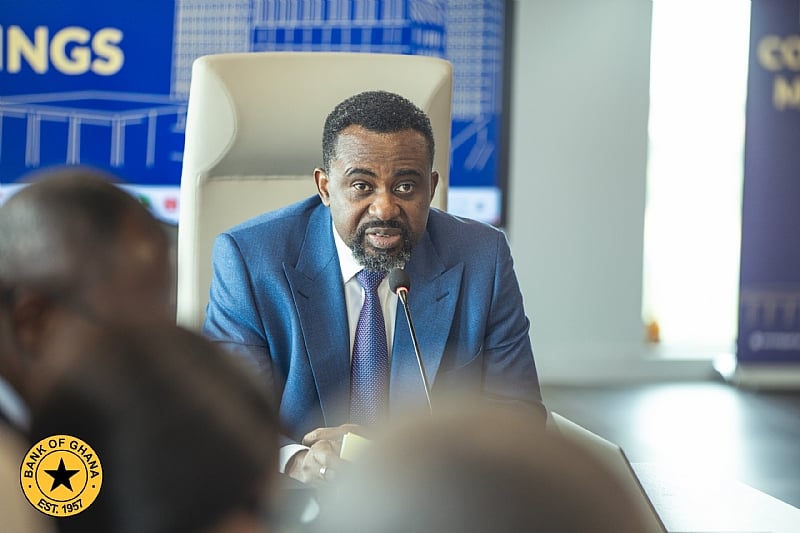The Bank of Ghana has signaled its readiness to roll out a new phase of reforms aimed at reinforcing the recent momentum behind the Ghanaian cedi, which has gained nearly 19 percent since the start of the year.
The central bank attributes this impressive performance to a blend of strict fiscal controls and aggressive monetary tightening, both of which have helped anchor market confidence and curb inflationary pressures.
Speaking at the launch of the 124th Monetary Policy Committee (MPC) meeting in Accra, Governor Dr. Johnson Asiama said the Bank will now shift its attention to deepening foreign exchange inflows and strengthening oversight of the forex market.
“Importantly, the cedi has appreciated sharply by nearly 19 percent between April and May, helping to ease imported inflation pressures and restore public confidence. The appreciation reflects a combination of factors, including prudent monetary policy, improved market sentiment and external sector gains,” he noted.
However, he tempered the optimism with a warning that the macroeconomic environment remains fragile.
“However, significant challenges persist. The inflation outlook, while improving, remains vulnerable to second-round effects, food supply constraints, especially from northern Ghana and the Sahel and external price shocks, particularly given volatile global commodity markets,” Dr. Asiama said.
He further pointed to rising global geopolitical tensions and shifts in trade policies, particularly those led by the United States, as new risks on the horizon.
“Geopolitical tensions and evolving global trade dynamics, including the recent US-led tariff disputes, have heightened market uncertainty and could affect commodity prices, exchange rates, and financial flows in emerging markets like ours,” he added.
The latest MPC meeting comes on the back of sustained cedi strength against the US dollar and efforts to consolidate progress in inflation management. In March, the Committee raised the policy rate by 100 basis points to 28 percent, a move Dr. Asiama said was necessary to keep inflation expectations in check.
Now, with the currency showing signs of stability and external pressures easing, analysts suggest the central bank could hold the policy rate steady to support lending and economic growth.
The MPC deliberations are expected to conclude on Friday, May 23, 2025, when the Bank of Ghana will announce its new policy direction at a press briefing.


